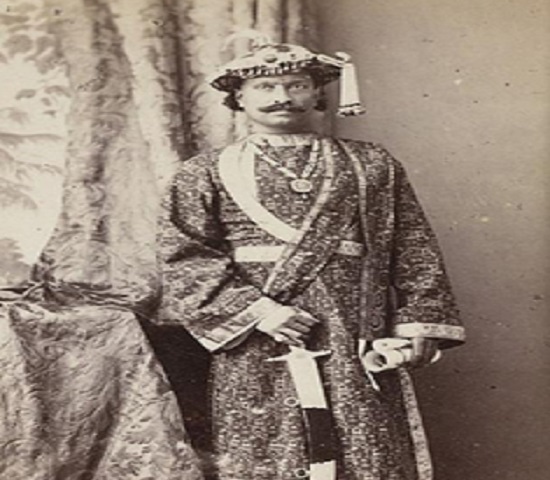Pusapati Vijayarama Gajapathi Raju III
Pusapati Vijayarama Gajapathi Raju III (1826 - 1879) He was credited with transforming Vijayanagaram into an Educational Center. His reign also experienced various developmental works like roadways, schools etc in Vizianagaram. He and his son had a distinction of being the only father and son to be the members of viceroy council at the same time.
